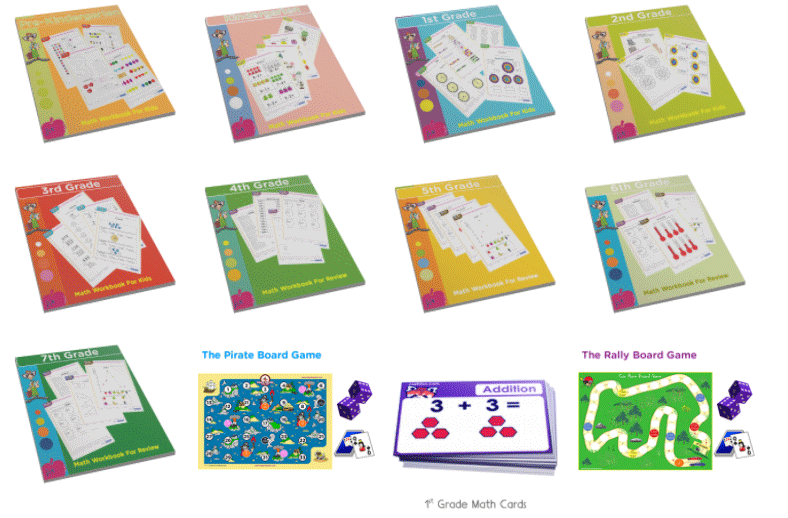Days OF The Week basic Mathematics quiz
Seven days of a week
The days of the week are the seven distinct periods of time that make up a week. A week is a unit of time that is made up of seven days and is used to measure the time it takes for something to happen or be completed. The days of the week are named after celestial bodies and deities in many cultures, and they are usually abbreviated to three letters (such as Mon, Tue, Wed, etc.).
Here is a list of the days of the week and some interesting facts about them:
- Sunday – This is the first day of the week and is named after the Sun, a celestial body that provides light and warmth to the Earth. Sunday is known as a day of rest and worship in many cultures, and it is often considered a day to spend time with family and friends.
- Monday – This is the second day of the week and is named after the Moon, a celestial body that orbits the Earth and is visible in the night sky. Monday is often considered the start of the work week, and it is a day when many people go back to work or school after the weekend.
- Tuesday – This is the third day of the week and is named after the planet Mars, which was named after the Roman god of war. Tuesday is often considered a “middle” day of the week, as it comes after Monday and before Wednesday.
- Wednesday – This is the fourth day of the week and is named after the planet Mercury, which was named after the Roman messenger god. Wednesday is sometimes referred to as “hump day,” as it is the middle of the work week and is seen as a time to “get over the hump” and push through to the weekend.
- Thursday – This is the fifth day of the week and is named after the planet Jupiter, which was named after the Roman king of the gods. Thursday is often considered a “near the end” day of the week, as it comes just before Friday.
- Friday – This is the sixth day of the week and is named after the planet Venus, which was named after the Roman goddess of love and beauty. Friday is often considered the last day of the work week and is a day that many people look forward to, as it marks the start of the weekend.
- Saturday – This is the seventh and final day of the week and is named after the planet Saturn, which was named after the Roman god of agriculture and abundance. Saturday is often considered a day of leisure and relaxation, and it is a popular day for people to engage in activities such as shopping, sports, or outdoor events.
It is important to learn the days of the week and the order in which they come, as this can help with understanding dates and planning events. For example, if you know that Wednesday is the fourth day of the week, you can determine that a date that is “four days from now” is on Sunday.
Learning the days of the week can also help with understanding cultural traditions and the passing of time. For example, many people have certain activities or routines that they follow on specific days of the week, such as going to the gym on Mondays or having a movie night on Fridays. By learning about the days of the week, you can become more aware of the patterns and rhythms of daily life.



